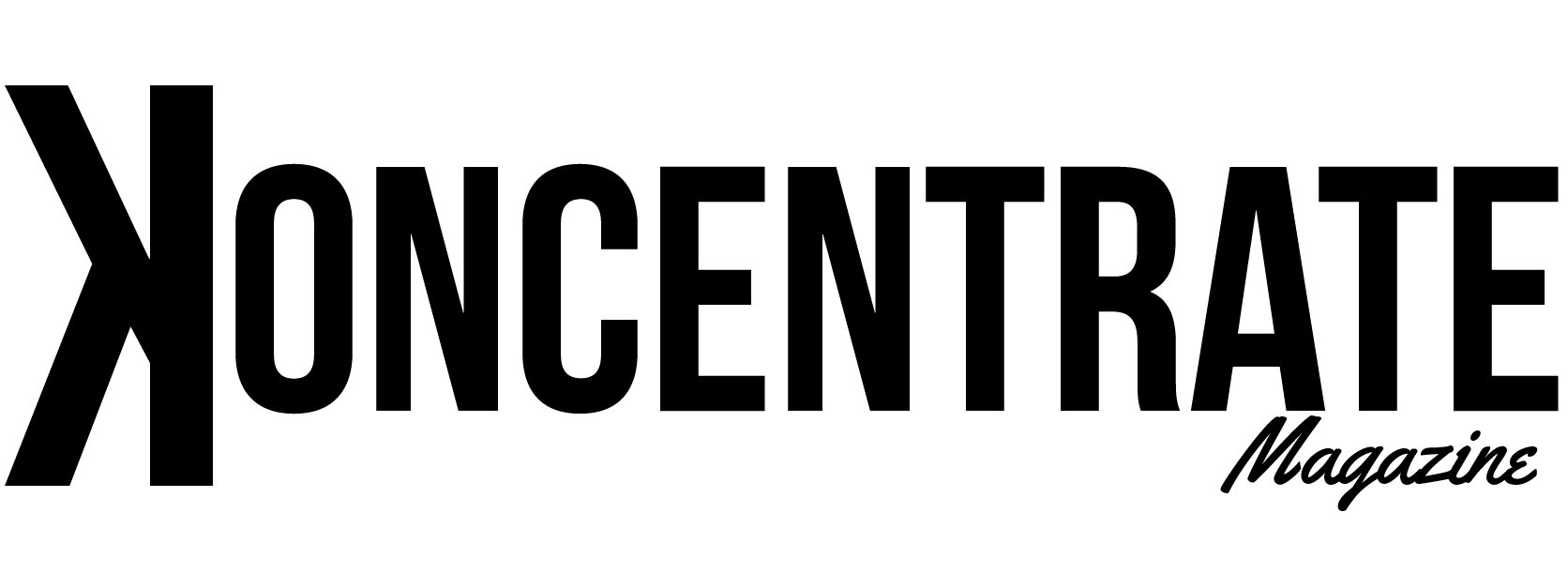16 Mar Social Media Music Marketing Isn’t Just For Millenials
Millennials are often associated with social media, and for good reason, but by marketing exclusively to a millennial bubble, you could well be limiting yourself and your audience. Here we look at five facts which prove that social media event marketing isn’t just for the Avocado toast munchers of this world.
__________________________
Guest post by Katie Sawyer of Eventbrite
Are you reaching everyone you could be on social media? Or have you been stuck in a millennial bubble?
If you think social media is just for millennials, you’re missing out on a large market — and lots of ticket sales.
The facts show that audiences of all generations are active on social. According to Pew Research, 78% of adults aged 30-49 are now on social media. And so are 37% of those who are at least 65 years old.
But just because all generations are on social media doesn’t mean they behave the same way on those platforms. When you look closer, you can parse exactly where and how generations spend their time on these channels.
Use these five facts to get to know the social media habits of your audience, so you can be strategic about marketing to them on social.
Fact #1: Gen-Xers out-surf millennials online
Millennials may have been the early adopters of social media, but they’re no longer the main users.
In fact, according to a 2017 Nielsen report, Gen-Xers actually spend more time on social media than millennials do — 7 hours to the younger set’s 6 hours per week. This isn’t surprising considering over half of boomers Eventbrite surveyed (54%) spend more than 20 hours each week on the internet.
Fact #2: Facebook is the preferred channel
So what social platforms are these older generations spending time on? Across pretty much every generation, Facebook is the most commonly used platform. Over half of senior citizens are on Facebook today.
If you’re looking to target a specific generation, a much higher percentage of young adults are on Instagram and Twitter. Older millennials in their career heyday are more frequent users of LinkedIn.
Fact #3: Baby boomers find out about events on social media
Baby Boomers go to more events a year than Millennials — which isn’t surprising, when you consider that those in retirement have more time on their hands, and more money. In an Eventbrite study, the great majority of boomers (91%) said they believe experiences are important to leading a fulfilling life.
So how can you encourage these frequent event-goers to choose your event? Once again, the answer is social media. Nearly a quarter of baby boomers find out about live experiences through social media channels.
Fact #4: Facebook Events make it easy for older generations to find your event
While older generations are on social channels, they might not be quite as savvy about navigating them as their younger counterparts. That’s why it’s vital to get your event to show up in their News Feed, instead of relying on them to navigate the platform to find your event.
One way to do this is by using Facebook Events, which are served in users’ News Feeds based on their interests.
Facebook Events also surface easily via a Facebook search with autofill capabilities. For older generations used to turning to Facebook for news and to keep in touch, it’s a natural place to find out about events.
Fact #5: Social media makes it easy to buy tickets directly on the platform
A strategic social marketing strategy begins with showing up where your target generation is present. But it’s not the end of the effort.
Whether you’re simply relying on organic social posting or supplementing your reach with paid ads, make sure that people of all generations who find out about your event on social media can buy tickets or sign up easily.
The older your audience skews, the more important it is to streamline ticket purchase. If they have to squint, pinch, and zoom on their phone or tablet to get through your checkout process, you’re going to lose them.
Ticketing pages and payment flows built for phones are just the start. Ideally, people should be able to buy tickets in the moment wherever they find out about your event.
When people have to go to another site to buy a ticket — or worse, create an account — they often drop off and give up. When possible, let people buy tickets directly on the social site or appwhere they discovered your event, without a redirect.
For more on the current event marketing landscape, download the report The Pulse Report: 2018 Event Industry Trends.
Powered by WPeMatico


Sorry, the comment form is closed at this time.